Thriving strong and finding courage to serve amid COVID-19 in South Sudan
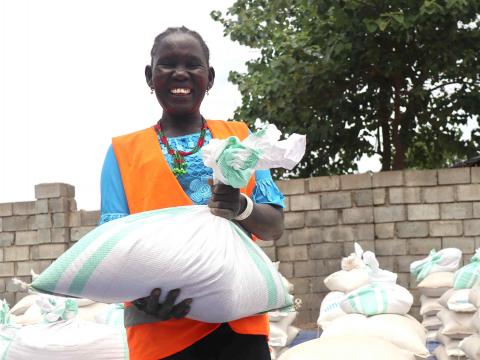
By Dr. Mesfin Loha, Country Programme Director
"I do not even know when I will see my family again”, says one of the 1,095 South Sudanese staff in our ranks who have their families in refugee camps and other settlements in Uganda and other neighboring countries.
World Vision's programs and our staff are at the forefront of the campaign against COVID-19. The movement restrictions and preventive measures put in place to stop the spread of the pandemic do not only affect our ways of working, but also tests the limits of our emotional resilience to the limit.
Staying optimistic and hopeful in the face of impending, potentially devastating danger and uncertainty takes a lot of effort. In fragile settings like South Sudan’s, where response capabilities and coping mechanisms are often negative, the mental toll one endures to survive, thrive, and come out of the pandemic strong demands extra strength.
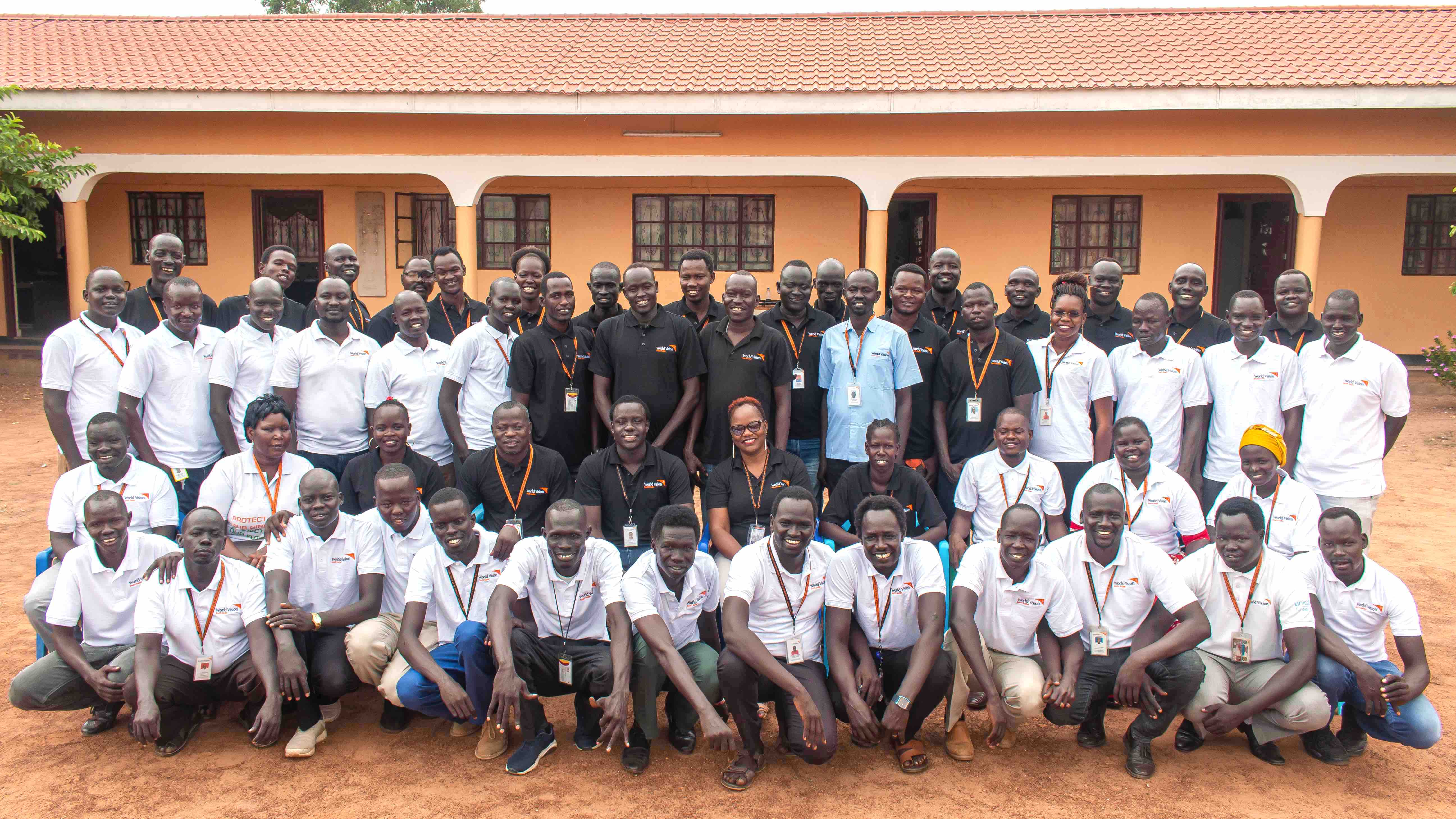
While one often relatively easily accepts and prepares for an anticipated shock, not knowing when they will be able to do essential actions in life like visiting loved ones and families can lead to anxiety and distress. This is where the COVID-19 pandemic can potentially impact many humanitarian aid workers in South Sudan.
Far away in the field or even in the capital Juba, separated from loved ones for a long period can have negative effects on one's mental health. Despite all these constraints, World Vision's frontline staff in South Sudan, often working in some of the most challenging environments are willing to sacrifice to help us keep our promise to children.
With unquestionable courage, they achieve this with significant adaptations in their daily tasks, with new ways of working. Our Promise, our Vision, and Mission never change.
As the number of confirmed COVID cases spiraling almost out of control in the last few days, staff safety concerns have increased and more adaptations are coming into effect. World Vision staff in the frontlines are also facing increased risks of acquiring the virus, due to multiple factors, including the fact that most of our work involves getting in touch with hundreds of thousands of people.
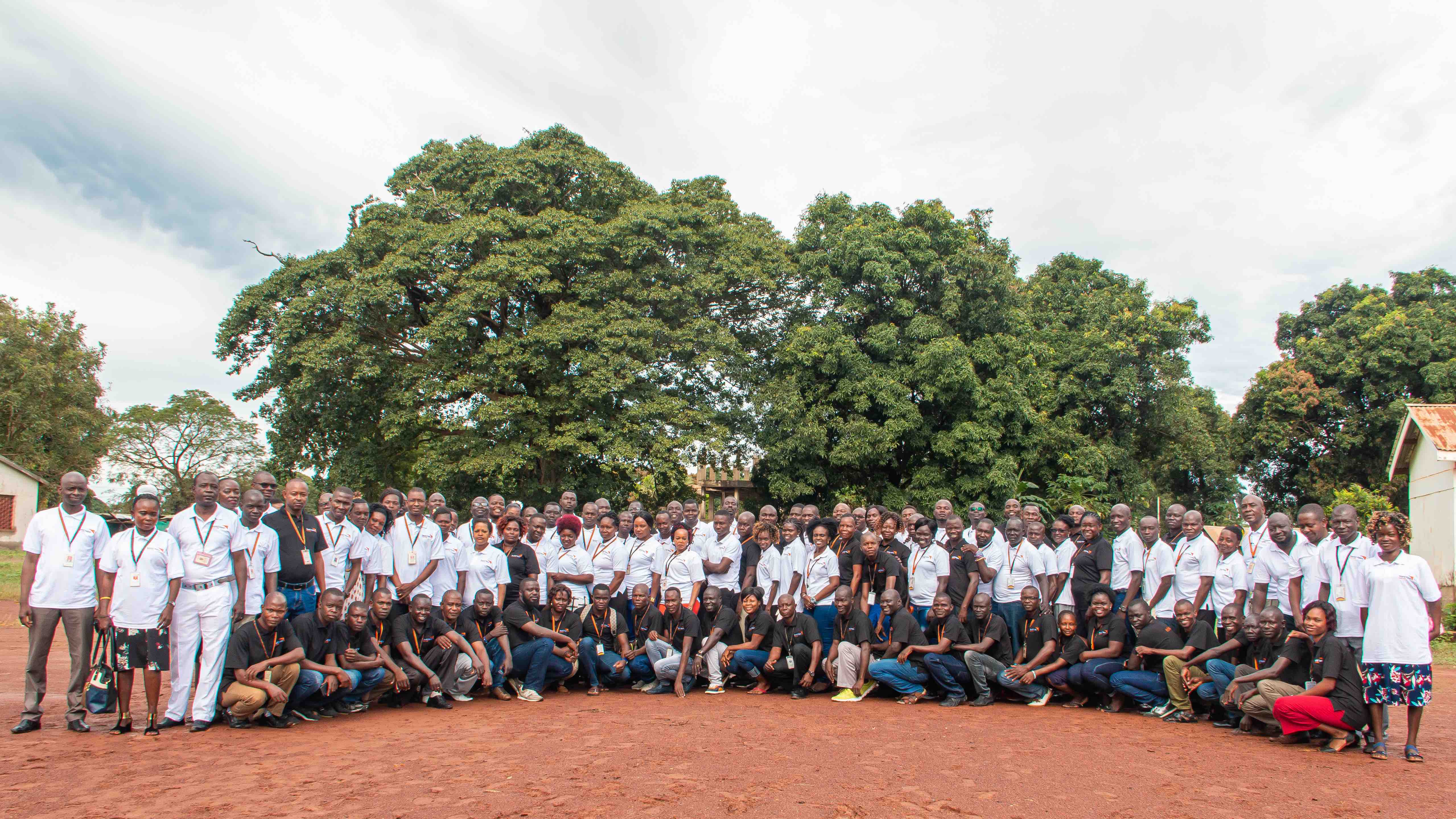
Life-saving programs like food assistance and nutrition interventions for the malnourished and most vulnerable children require meticulous field activities. Strict crowd control with appropriate physical distancing, hand washing facilities, and personal protective equipment (PPE) like masks for staff have become mandatory.
Programs that used to take just days, now require three or more days to achieve, requiring the balancing act of keeping staff and people we work with safe, as well as making sure standard procedures are respected, and activities completed.
To recover from such a significant shock, one needs multi-pronged approaches to come out of the situation physically, emotionally, and spiritually strong. With daily discipline and diligence in doing what is right, and trusting the Almighty God, we thrive. He is above all things, light in the darkness, a refuge in times of trouble.


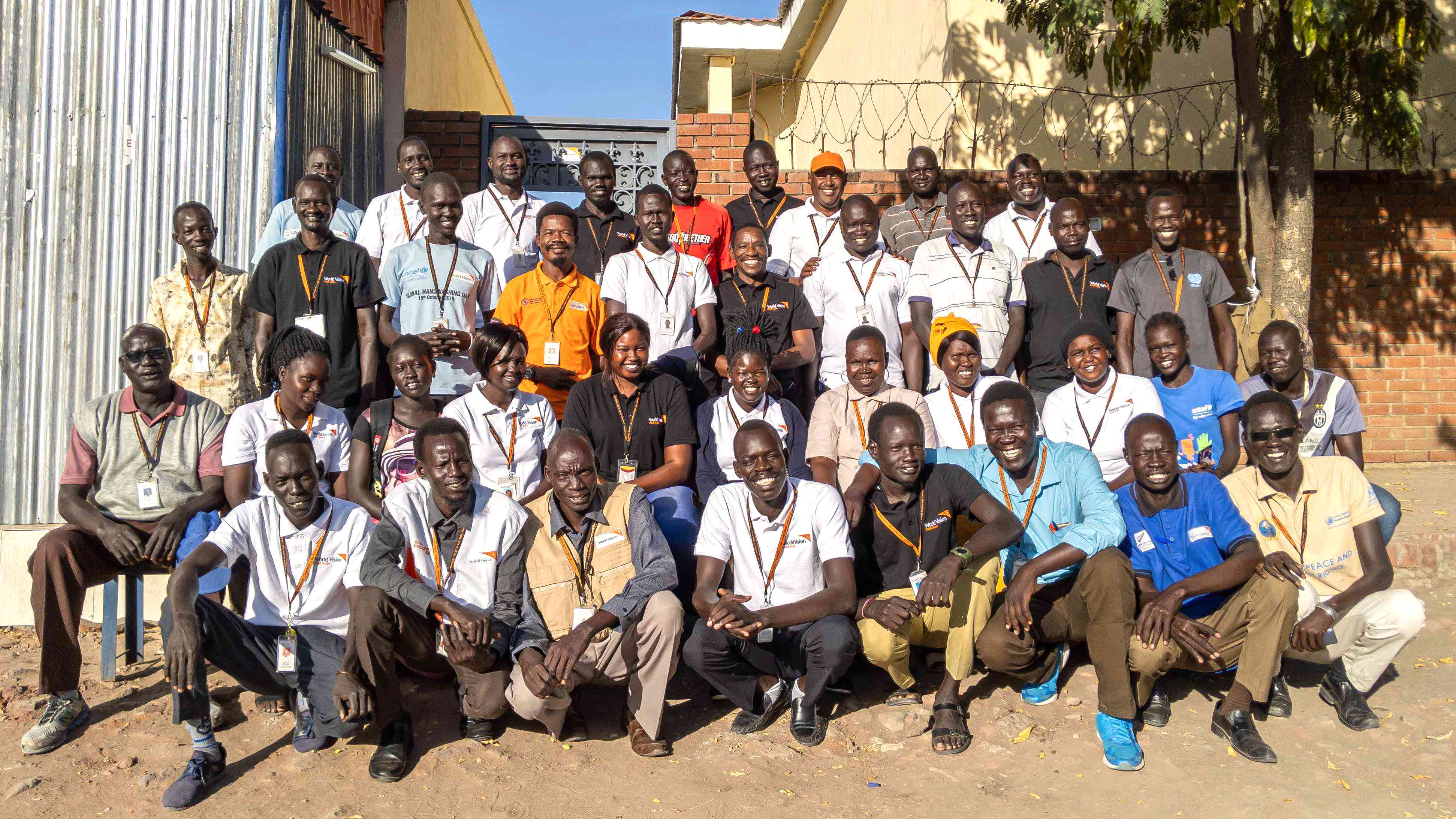
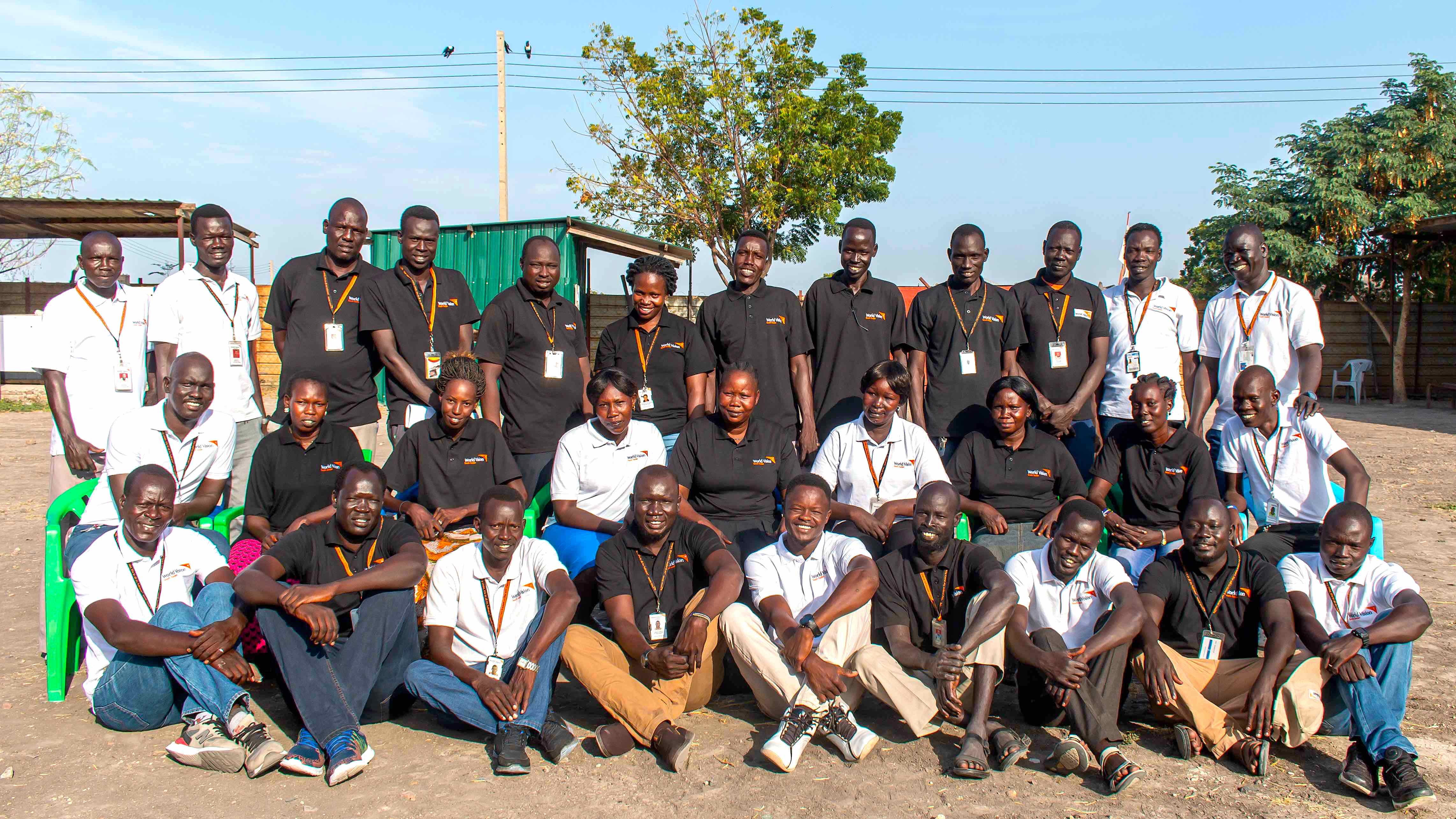
More blogs from Dr. Mesfin Loha: New ways of leading in the time of COVID-19 and World Vision's proactive response to the COVID-19 pandemic
Note: Some of the staff members were not available in all of these photos.